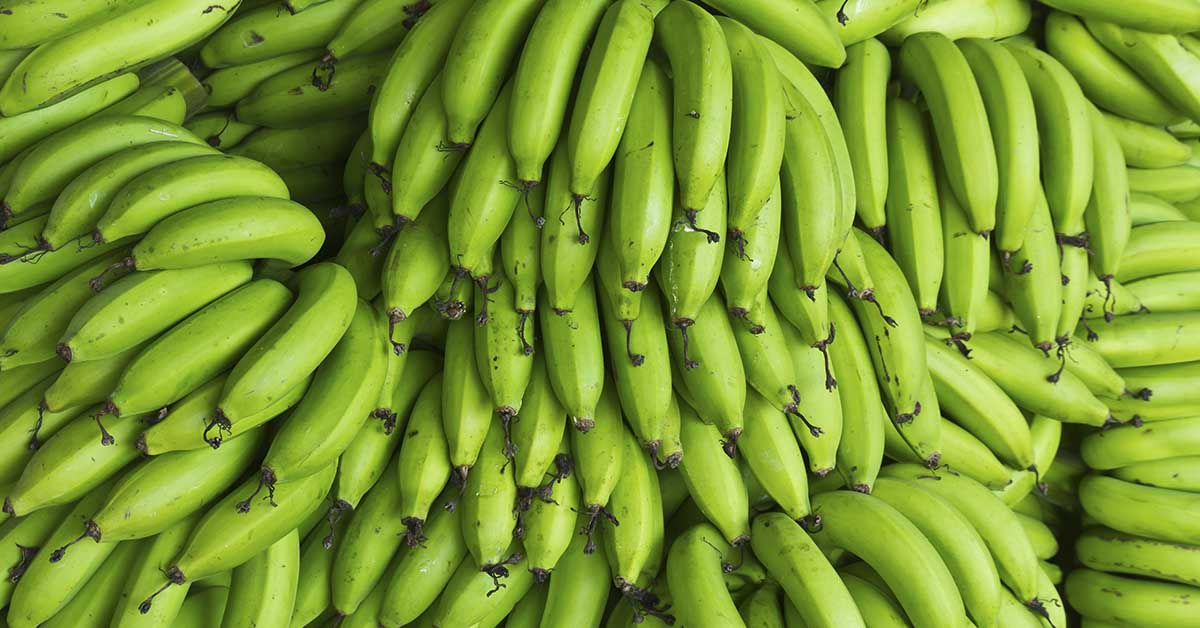Though not everyone likes them, it’s safe to say that bananas are a pretty popular fruit worldwide. That being said, people tend to have differing opinions on when they are best to eat. Some prefer them on the greener side, others quite ripe with some browning spots on the skin, and others somewhere in between. Relatively new research shows, however, that those who prefer eating green bananas might be receiving some major anti-cancer benefits – even if that cancer is hereditary.
Eat Green Bananas, Fight Cancer
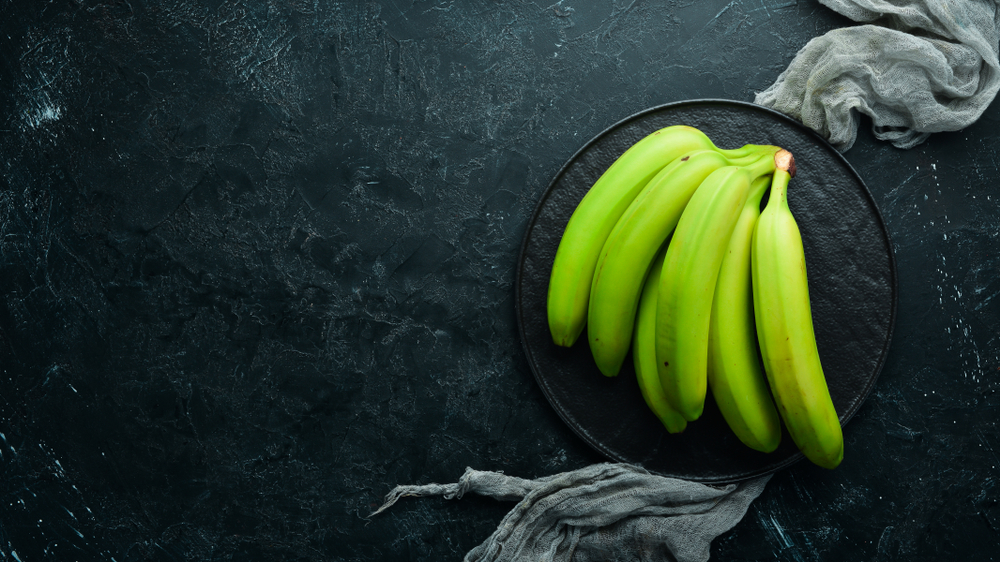
If you’ve traditionally waited until your green bananas ripened before eating them, you might want to think again. In a study, researchers at the Universities of Newcastle and Leeds have identified a starch in unripe bananas that has the potential to reduce the risk of certain cancers by more than 60%. This marks the first trial that has highlighted a diet supplement that could potentially prevent hereditary cancer. (1)
Read More: 6 Beverages With Anti-Cancer Properties
The Trial
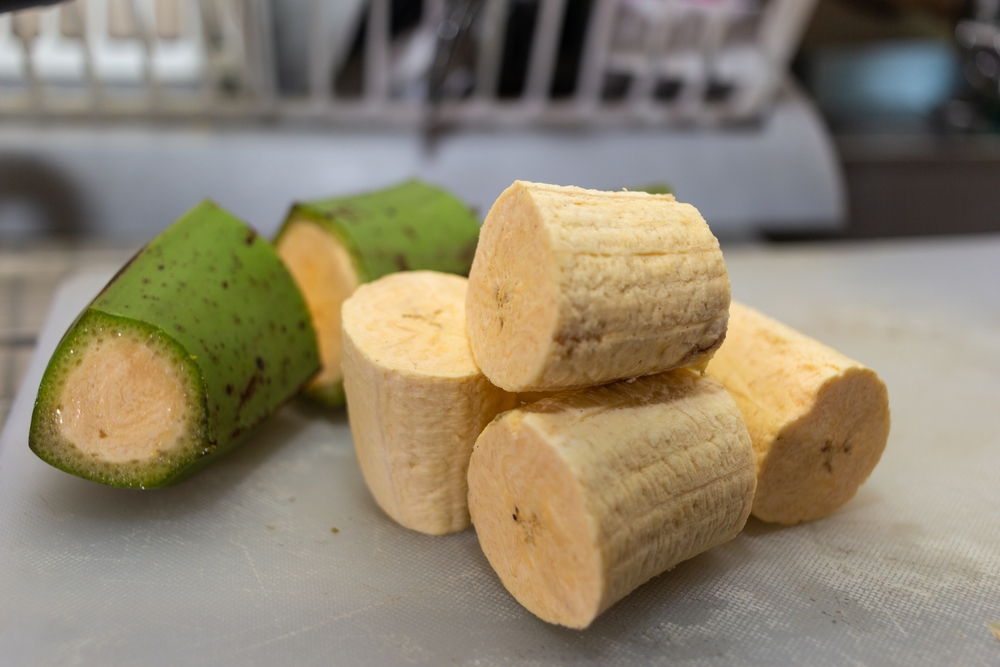
This international trial, known as CAPP2, enlisted almost a thousand patients with Lynch syndrome from various corners of the world. Lynch syndrome is the most common form of hereditary colorectal cancer, affecting more than 1.2 million people in the United States alone. (2) Over the course of an average of two years, participants were given regular doses of resistant starch, also commonly referred to as fermentable fiber. The results showed that the starch reduced the risk of a range of cancers by over 60%. (3)
“Resistant starch is a type of carbohydrate that isn’t digested in your small intestine, instead it ferments in your large intestine, feeding beneficial gut bacteria – it acts in effect, like dietary fibre in your digestive system,” says Professor John Mathers. “This type of starch has several health benefits and fewer calories than regular starch. We think that resistant starch may reduce cancer development by changing the bacterial metabolism of bile acids and to reduce those types of bile acids that can damage our DNA and eventually cause cancer. However, this needs further research.”
The groundbreaking study was led by experts at the Universities of Newcastle and Leeds and included a planned double-blind follow-up for a period of 10 years, which was further supplemented with extensive national cancer registry data for up to 20 years in 369 of the participants.
Combine It With Aspirin

As part of the same trial, the researchers tested specifically the power of this starch against colon cancer. Interestingly, they found that aspirin helps reduce the risk of colon cancer by 50%. So combining that with the resistant starch means reducing your overall cancer risk by quite a lot.
“Patients with Lynch syndrome are high risk as they are more likely to develop cancers so finding that aspirin can reduce the risk of large bowel cancers and resistant starch other cancers by half is vitally important,” explained Mathers. “Based on our trial, NICE now recommend Aspirin for people at high genetic risk of cancer, the benefits are clear – aspirin and resistant starch work.”
Read More: ‘When I Got Cancer, Everyone Brought Food. I Finally Told Them what I Really Wanted’
Important Information
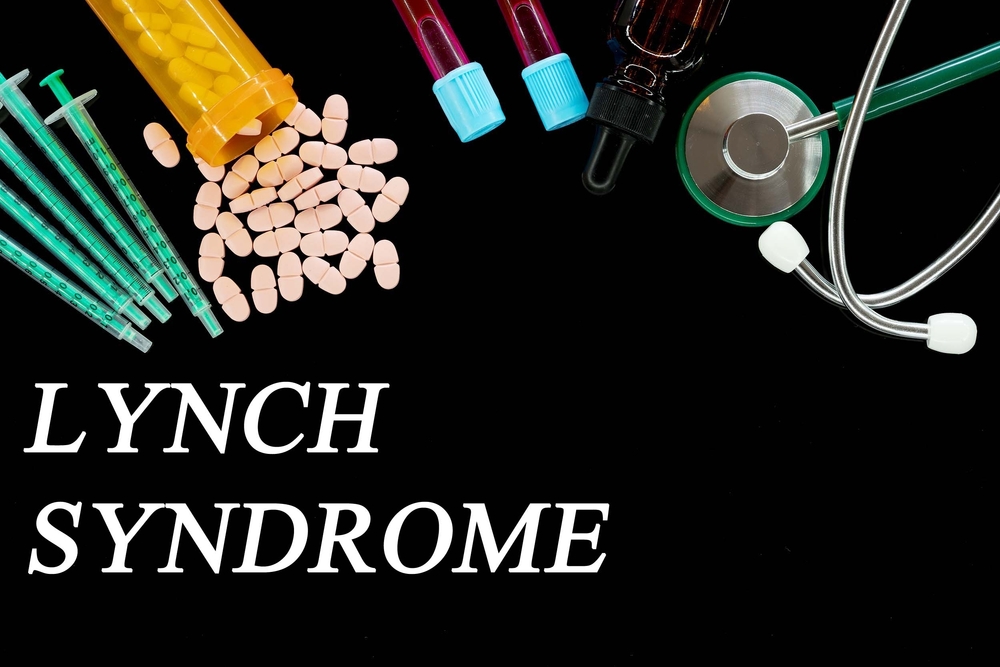
This study is particularly important because Lynch syndrome is a genetic disorder that increases the risk of several forms of cancer, including colorectal, stomach, ovarian, and endometrial cancer. Currently, preventive measures for Lynch syndrome include frequent colonoscopies, surgeries to remove the colon, or hysterectomy to remove the uterus. However, these options are often invasive and carry significant risks.
The discovery of the cancer-fighting properties of the starch in unripe bananas provides an alternative option that is less invasive and more accessible to patients. The study’s findings have been welcomed by scientists, who have been quick to highlight the potential of the treatment to reduce the risk of certain cancers in the general population.
Further Research Required
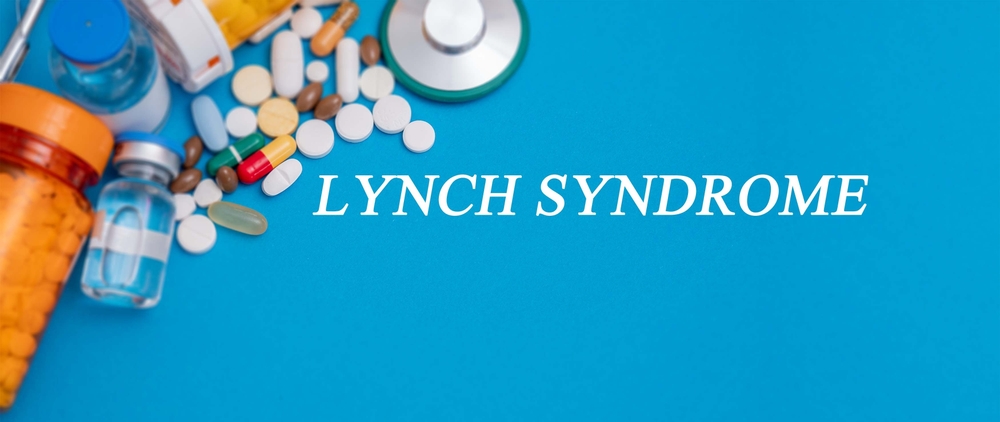
While the study is undoubtedly significant, it is important to note that further research is needed to confirm these findings and understand the mechanisms behind how the unripe banana starch works. However, these initial results provide hope for developing a non-invasive, natural, and affordable way to reduce the risk of certain hereditary cancers.
What is clear is that this study marks a significant step forward in the battle against cancer. It highlights the power of diet and nutrition in preventing diseases and underscores the importance of continued research in this field. As our understanding of the links between nutrition and health continues to grow, we can look forward to more discoveries and breakthroughs to help us lead healthier, happier lives.
Read More: Do Vitamin B12 Supplements Cause Acne, Bone Fractures, and Lung Cancer?
Sources
- “First trial to prove a diet supplement can prevent hereditary cancer.” NCL. July 26, 2022.
- “What is Lynch Syndrome?” Fight Colorectal Cancer
- “A banana a day could keep cancer at bay.” Leeds. July 26, 2022.
